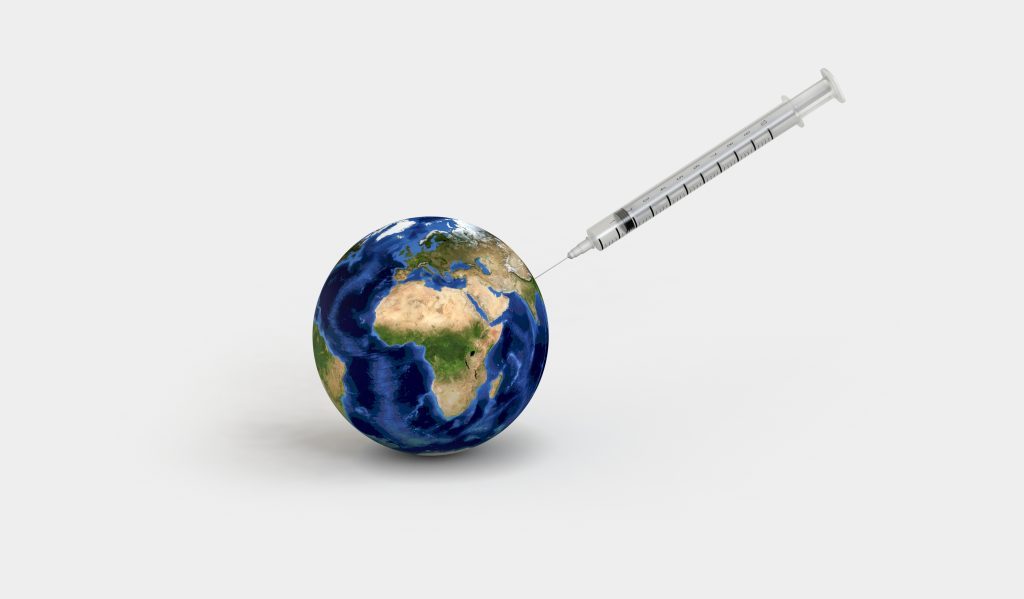If you have lung nodules and are wondering whether it’s safe to get the COVID-19 vaccination, the short answer is: It depends. The decision usually comes down to the type of nodules you have and your overall health situation. That’s why it’s always a good idea to talk to a lung specialist first. They can help figure out what kind of nodules you’re dealing with and whether there’s any concern about cancer.
If your nodules are non-cancerous:
In this case, it’s generally safe to get the vaccine. You can receive the COVID-19 shot just like anyone else without special restrictions.
If you don’t yet have a clear diagnosis:
If your doctor hasn’t determined whether the nodules are cancerous or not, it’s important to hold off on making a decision until you’ve talked with them.
Slow-growing nodules that look harmless usually don’t prevent vaccination. But if your doctor suspects the nodules might be high-risk (for example, if they’re large, irregular, or growing quickly), they might recommend you get vaccinated soon—or occasionally, suggest waiting awhile.
If your nodules are cancerous:
Most of the time, doctors will recommend against getting the COVID-19 vaccine right away.
Because the vaccine is relatively new, we still don’t have enough research on how it affects people with cancer. There simply haven’t been enough clinical trials in this group to know for sure how safe or effective it is.
That said, some doctors might make an exception if you have cancer but don’t need surgery or other treatments in the near future. It really depends on your situation.
What if you’ve had surgery for cancerous nodules?
If you’ve had the nodules removed and you’re recovering well without needing further treatment like chemo, you’re usually clear to get vaccinated.
But if you still need chemotherapy, it’s better to finish that first before getting the vaccine. Chemo can weaken your immune system, so your doctor will likely suggest waiting until after treatment.
The bottom line:
When in doubt, ask your doctor. They understand your personal health situation best and can help you decide what’s right—and safe—for you.
